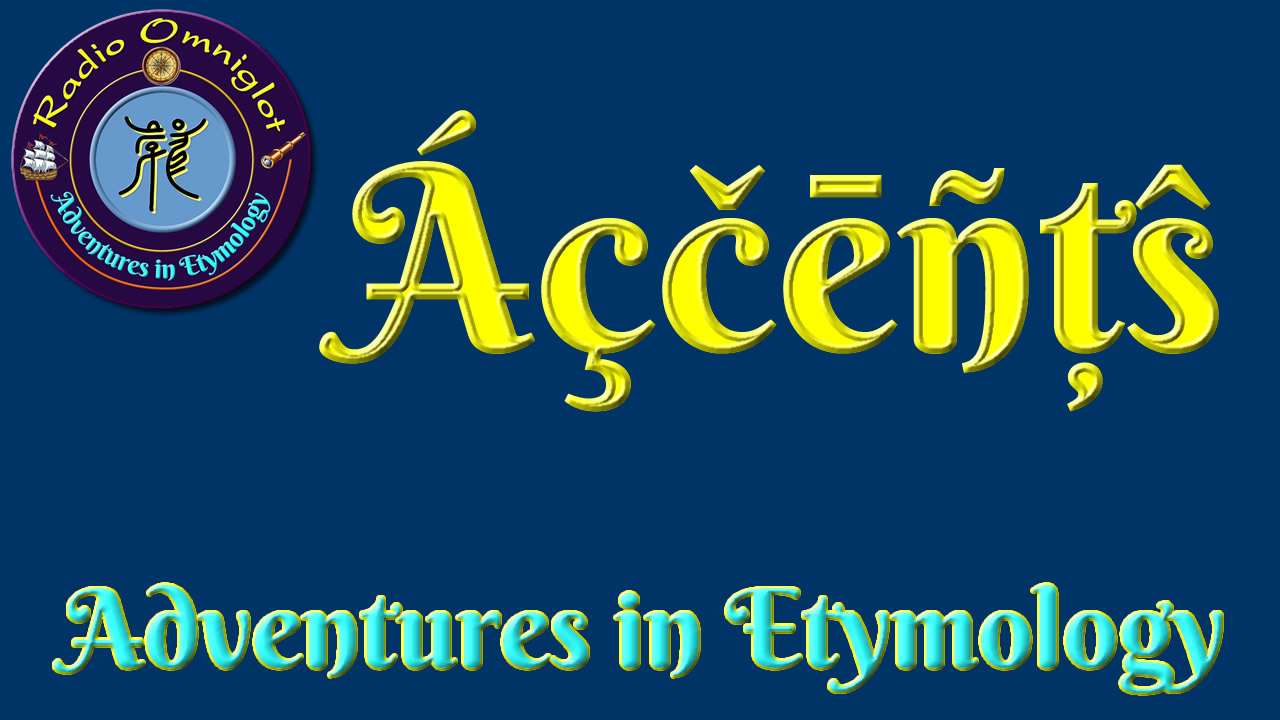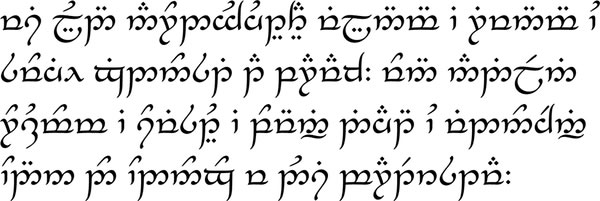Podcast: Play in new window | Download

Here’s the latest news from the world of Omniglot.
New language pages:
- Mpiemo (Mbimu), a Bantu language spoken in the Central African Republic, Cameroon and the Republic of the Congo.
- Ebira (èbìrà), a Volta-Niger language spoken mainly in Kogi State in central Nigeria.
- Gun (Gungbe), an Eastern Gbe language spoken in southeastern Benin and southwestern Nigeria.
New adapted script: Shavian for Esperanto (Ŝava alfabeto), a way to write Esperanto with the Shavian (Shaw) Alphabet.

New numbers page:
- Ebira, a Volta-Niger language spoken in central Nigeria.
New Tower of Babel translation: Ebira, a Volta-Niger language spoken in central Nigeria.
On the Omniglot blog there’s a new post entitled Swallowing Camels about some interesting Danish idioms, and there’s also the usual Language Quiz. See if you can guess what language this is:
Here’s a clue: this language is spoken in North Dakota in the USA.
The mystery language in last week’s language quiz was: Kurukh (कुड़ुख़), a northern Dravidian language spoken mainly in northern India, and also in Bangladesh, Nepal and Bhutan.
In this week’s Adventure in Etymology, we’re grasping the Cash box as we look into the origins of the word cash.
It’s also available on Instagram and TikTok.
A bonus Adventure in Etymology is avalable on my Patreon page.
On the Celtiadur blog, there’s a new post entitled Satisfying Pleasure about words for satisfaction, pleasure, gratitude and related things in Celtic languages.
For more Omniglot News, see:
https://www.omniglot.com/news/
https://www.facebook.com/groups/omniglot/
https://www.facebook.com/Omniglot-100430558332117
You can also listen to this podcast on: Apple Podcasts, Amazon Music, Stitcher, TuneIn, Podchaser, PlayerFM or podtail.
If you would like to support this podcast, you can make a donation via PayPal or Patreon, or contribute to Omniglot in other ways.
Radio Omniglot podcasts are brought to you in association with Blubrry Podcast Hosting, a great place to host your podcasts. Get your first month free with the promo code omniglot.















